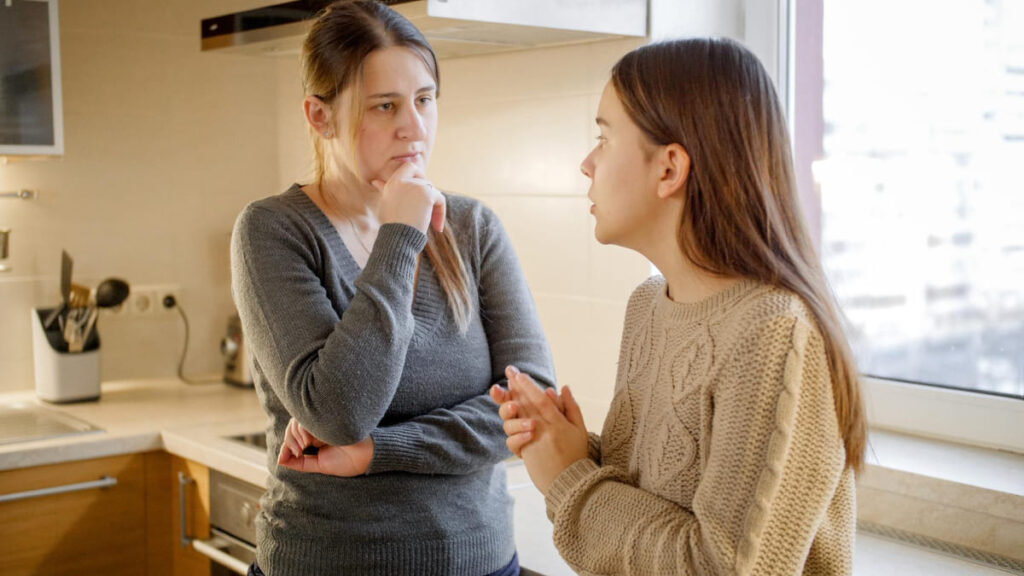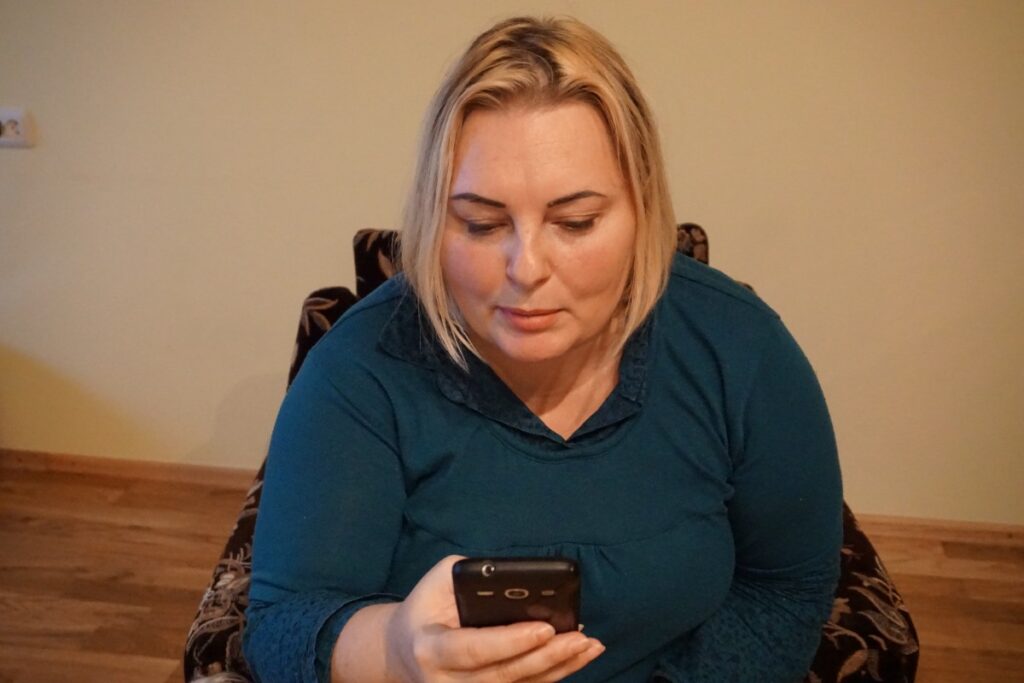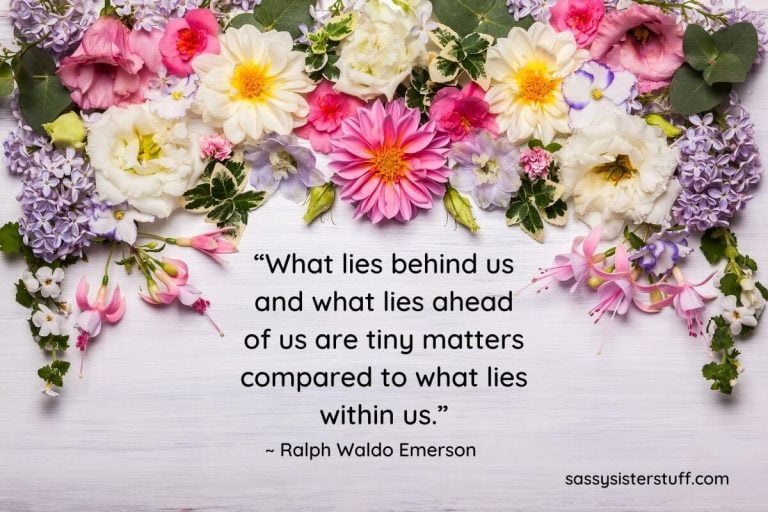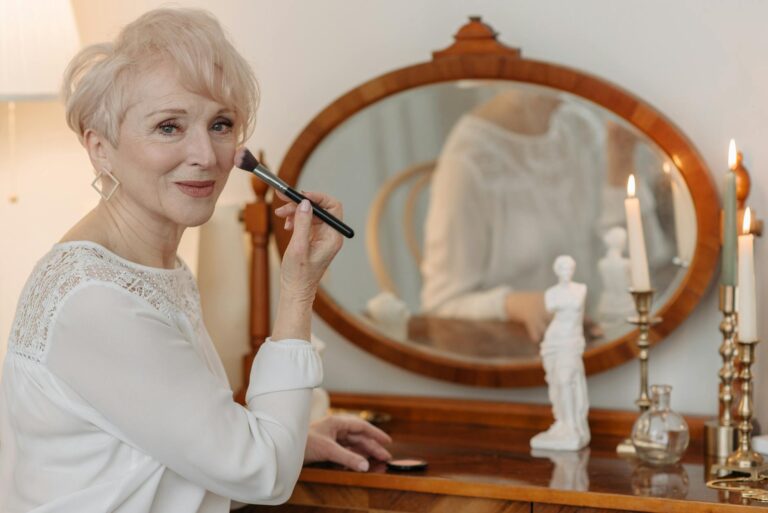10 Little Things That Expose a Person’s Insecurities
Everyone experiences moments of doubt or uncertainty, but sometimes these feelings show up in ways that reveal deeper insecurity. Recognizing these behaviors can help you understand yourself and others better.
By noticing common signs of insecurity, you can become more aware of what influences your actions and emotions. This awareness can improve how you relate to people and manage your own feelings.
Constantly seeking validation from others

You might find yourself frequently asking for reassurance about your choices or appearance. This need for constant approval often stems from feeling unsure about your own worth.
When you rely heavily on others’ opinions, it can be hard to trust your own judgment. You may feel nervous or uneasy when you don’t get the feedback you want.
Recognizing this habit helps you build confidence from within. It’s okay to want encouragement, but learning to value your own voice is important for personal growth.

You might find yourself scrolling through social media and feeling like you don’t measure up. It’s common to compare your everyday life with others’ highlight reels.
Seeing only the best moments of others can make your own achievements seem smaller. This often leads to feelings of jealousy or self-doubt.
If you catch yourself constantly checking others’ posts to feel validated, it could be a sign of insecurity. Remember, social media rarely shows the full picture.
Focusing on your unique strengths rather than comparisons helps build confidence. You don’t need to match someone else’s life to feel good about yourself.
Apologizing excessively for small things

If you find yourself saying sorry for things that don’t really require an apology, it might reflect some insecurity. You may worry too much about how others perceive you or fear making mistakes.
This habit can make you seem unsure or overly self-critical. It’s okay to acknowledge when you’re wrong, but constantly apologizing for minor things can signal low confidence.
Try to notice when your apologies are necessary and when they’re just a way to avoid conflict. Building self-assurance helps reduce the need to apologize for every little thing.
Unable to accept compliments gracefully

When you struggle to accept compliments, it might signal insecurity. You might dismiss praise or downplay your achievements.
Sometimes, you might feel uncomfortable when someone says something nice about you. This often happens because you doubt your own worth.
Rejecting compliments can create a negative feedback loop. It makes it harder for you to see your value clearly.
Learning to say “thank you” without adding excuses can help you build confidence. It’s okay to acknowledge your strengths openly.
Over-explaining decisions or actions

When you feel the need to explain every detail of your choices, it might be a sign of insecurity. You could worry others will judge you or think you made the wrong call.
You might find yourself giving unnecessary reasons or justifications, even when no one asked for them. This often happens because you want to reassure others—and yourself—that you’re making the right decisions.
Try to observe when you start over-explaining. It can help you build trust in your own judgment and feel more confident in your actions without feeling the need to defend them constantly.
Avoiding eye contact during conversations

When you avoid eye contact, it can show that you feel unsure or self-conscious. You might look away because you worry about what others think of you.
Not meeting someone’s gaze can make it harder to build trust or connect. You might miss out on key social cues or seem less confident than you really are.
If you catch yourself avoiding eye contact, try practicing small moments of looking at others during talks. It can help you feel more comfortable and present in conversations.
Bragging to mask feelings of inadequacy

When you boast excessively, it might be a sign you’re trying to cover up doubts about yourself. Bragging can be a way to seek approval from others when your own confidence is low.
You might notice yourself focusing on achievements or possessions to make others see your worth. This often happens because you feel uncertain inside but want to appear successful.
If you catch yourself needing constant validation through bragging, it could help to pause and reflect. Building genuine self-esteem comes from accepting your strengths and weaknesses without needing to prove them.
Fear of trying new things because of failure

You might hesitate to try new things because you worry about failing. This fear can hold you back from learning and growing.
When you avoid challenges, it’s often because you doubt your abilities. You might think it’s safer to stick with what you already know.
But avoiding failure doesn’t mean you won’t make mistakes. It just means you miss out on chances to build confidence and develop skills.
Recognizing this fear is the first step. It helps you push past it and take small risks without harsh self-judgment.
Getting defensive when given constructive criticism

When you get defensive over constructive criticism, it often means you feel unsure about your abilities or choices. Instead of hearing helpful feedback, you might see it as a personal attack.
This reaction can stop you from learning and growing. It’s natural to feel vulnerable, but try to focus on the message rather than your feelings.
Remember, criticism is meant to help you improve. Taking a step back and listening calmly can boost your confidence over time.
Peeking at others’ phones or messages

If you find yourself checking someone else’s phone or messages without permission, it might be a sign of insecurity. You could be doubting your own worth or fearing being left out.
This behavior often comes from a need for reassurance. You might want to confirm your place in their life or uncover hidden truths.
Trust is key in relationships, and snooping can indicate you struggle to trust others or yourself. Being aware of this tendency can help you work on feeling more secure.







